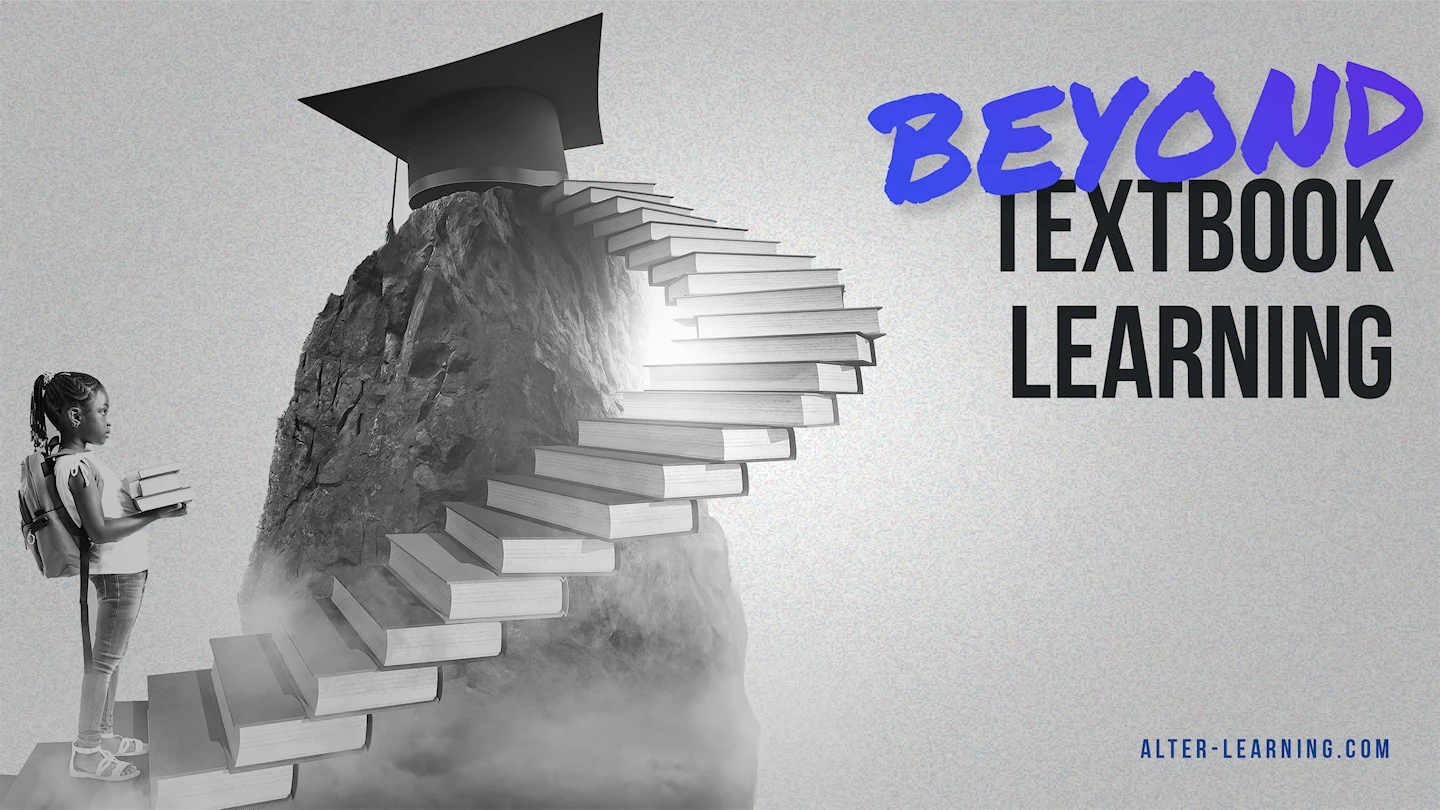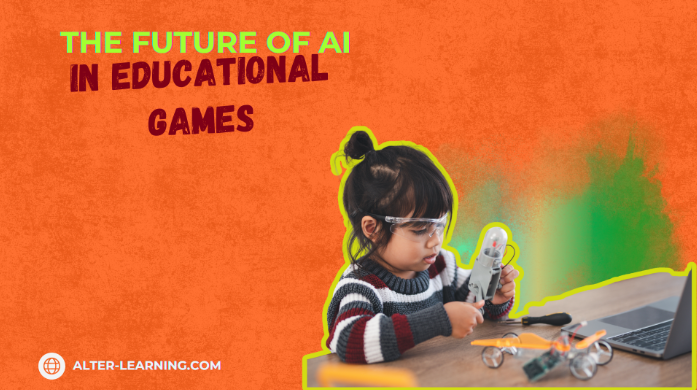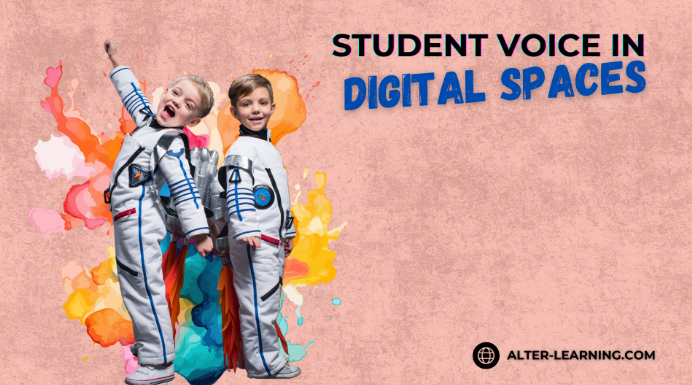Can you imagine a world where you can step into Neil Armstrong’s shoes and walk on the moon? Or join a geologist exploring a crevice in the depths of the ocean—all from the confines of your classroom? The immersive power of Virtual Reality (VR) makes experiences like these possible and is revolutionizing education. As technology continues to advance, VR is reshaping the way we teach and learn, offering experiences that captivate students like never before.
In short, VR is transforming education, moving beyond traditional learning methods to create unique academic experiences. VR holds the keys to:
- Providing a safe, interactive environment.
- Providing emotional connections to content.
- Improving educational access for all students.
Creating Emotional Connections
One of VR’s most significant advantages in education is its ability to create emotional connections with the subject matter. When students can experience a concept or situation firsthand, they are more likely to understand and remember it. For example, instead of reading about the Apollo 11 mission, students can use VR to step into Neil Armstrong’s shoes and experience the thrill of walking on the moon. This emotional connection can inspire a lifelong passion for learning and discovery about our universe and beyond.
Inclusive Educational Opportunities
An exciting benefit of VR in education is that it empowers students from all walks of life with equal access to learning opportunities. With VR, students, schools, parents, and educators can overcome financial, physical, or geographical barriers to experience places and situations that were once only available in 2D versions. This balancing of the scales in education ensures that every student has the chance to explore and learn, regardless of their circumstances.
- VR can break down barriers to education, providing equal access to learning experiences.
- VR can allow students to visit historical sites, museums, and other educational destinations virtually.
- VR can allow visual and kinesthetic learners the opportunity to learn in a 3D world of movement.
- You can tailor unique VR learning experiences to the diverse needs of all students and ensure that the VR content is adaptable to provide equal learning opportunities for everyone.
Embracing the Future of Education
As we look to the future of education, VR will clearly play an increasingly important role. By combining the power of technology with the principles of emotional engagement and equal access, VR has the potential to transform the way we teach and learn.
Whether you’re a student, educator, parent, or teacher, embracing VR in education can open up a world of possibilities and inspire a new generation of curious, passionate learners.
- Educators can collaborate and explore ways to incorporate VR into their lesson plans and curriculum.
- Parents can encourage their children to engage in VR learning experiences at home and in the classroom.
- Students can see VR as a tool for discovery, exploration, and personal growth, as well as entertainment.
Summary
Virtual Reality (VR) is revolutionizing education by providing immersive experiences that enhance emotional connections to the subject matter. Students can engage with content in unique ways, such as experiencing the Apollo 11 moon landing firsthand. VR breaks down educational barriers, ensuring equal access for all learners, regardless of their circumstances. By incorporating VR into classrooms, educators can tailor lessons to diverse learning styles while students gain opportunities for exploration and personal growth. As technology advances, embracing VR in education will inspire a new generation of passionate learners.




